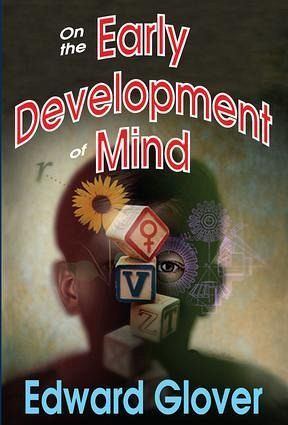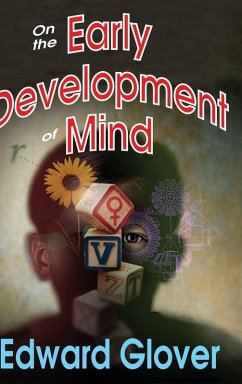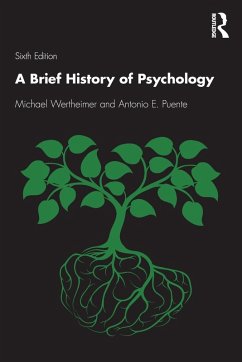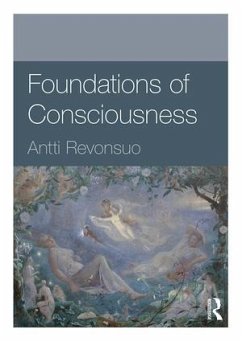
On the Early Development of Mind
Versandkostenfrei!
Versandfertig in 6-10 Tagen
47,99 €
inkl. MwSt.
Weitere Ausgaben:

PAYBACK Punkte
24 °P sammeln!
On the Early Development of Mind by Edward Glover covers a period of thirty years in which he gathered together and annotated his various contributions to this most obscure of all psychoanalytical themes. He approaches mind from various angles, in particular the vicissitudes of the libido, of ego-formation, and of the emotions. The work is offered in chronological order and with unabashed changes to enhance readability.His clinical studies are orientated from the same angles and he deals, inter alia, with the developmental aspects of normal and disordered character, alcoholism, drug addiction,...
On the Early Development of Mind by Edward Glover covers a period of thirty years in which he gathered together and annotated his various contributions to this most obscure of all psychoanalytical themes. He approaches mind from various angles, in particular the vicissitudes of the libido, of ego-formation, and of the emotions. The work is offered in chronological order and with unabashed changes to enhance readability.
His clinical studies are orientated from the same angles and he deals, inter alia, with the developmental aspects of normal and disordered character, alcoholism, drug addiction, perversions, obsessional neuroses, and psychoses. Of out standing significance are his papers on the psychoanalytical classification of mental disorders, on the nature of reality sense, and on the 'functional' aspects of the mental apparatus.
Glover was well aware of the dangers of uncontrolled, abstract theorizing, and several of his later essays exhibit an unflinching resolution to apply the strictest scientific standards not only in the regulation of research and the control of technique, but also in the teaching and the training of psychoanalysts. The book represents a remarkable achievement indispensable to the psychoanalytical student, the psychiatrist, and all who wish to ground themselves in the principles and history of psychoanalysis.
His clinical studies are orientated from the same angles and he deals, inter alia, with the developmental aspects of normal and disordered character, alcoholism, drug addiction, perversions, obsessional neuroses, and psychoses. Of out standing significance are his papers on the psychoanalytical classification of mental disorders, on the nature of reality sense, and on the 'functional' aspects of the mental apparatus.
Glover was well aware of the dangers of uncontrolled, abstract theorizing, and several of his later essays exhibit an unflinching resolution to apply the strictest scientific standards not only in the regulation of research and the control of technique, but also in the teaching and the training of psychoanalysts. The book represents a remarkable achievement indispensable to the psychoanalytical student, the psychiatrist, and all who wish to ground themselves in the principles and history of psychoanalysis.














